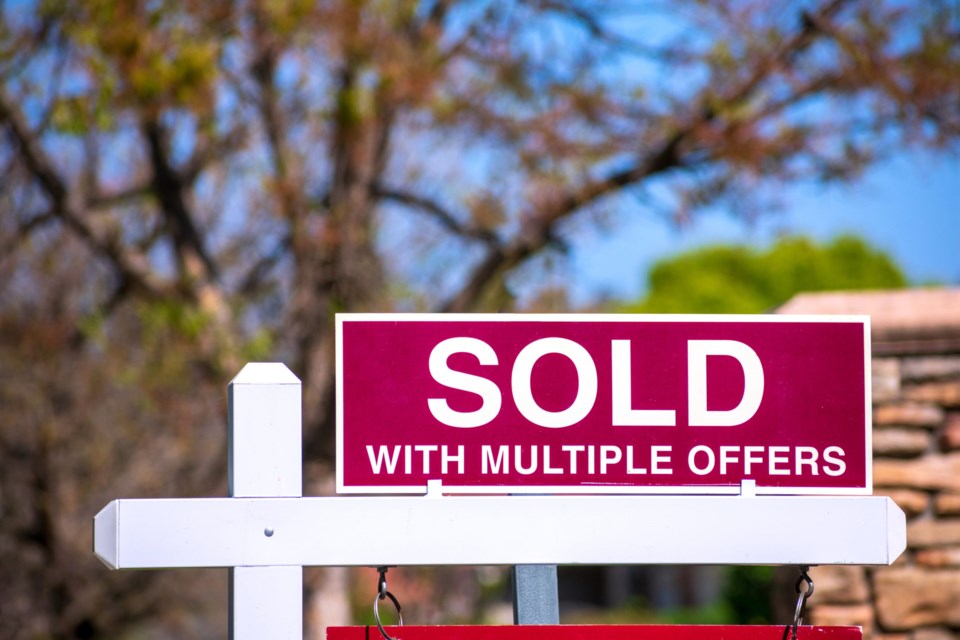Canada’s real estate sector appears ready to burn off serious credibility on the affordable housing file with a ham-fisted plan to oppose the end of blind bidding on property sales.
The federal Liberal government has promised to end the practice, in which potential buyers don’t know what others have offered on a home. Critics say it means people often bid tens or hundreds of thousands of dollars over the next highest offer because they are essentially flying blind on what the property is worth.
There are a litany of examples, including a realtor in Vancouver who told CBC last month she had one buyer bid $50,000 more than the next offer for a condo because that person had no idea what the other offer was.
“My buyer and I felt so bad for the other buyer knowing she spent that much money and she didn't need to," the realtor told CBC.
"I do think there has to be an ethical aspect to it, and I think being transparent about offers is the way to do it.”
The practice has a ripple effect as well. Others in the neighbourhood looking to sell similar condos will now list at the overbid price, artificially accelerating the cost of housing in the area.
It seems like a no-brainer that in a red hot market in which listings become bidding wars, buyers should have at least some glimpse of what they’re up against.
Not so, say realtors.
The Canadian Real Estate Association came out swinging this week on behalf of the sellers – who, coincidentally, generally pay their fees on the transaction – saying Canadians have a right to sell their home however they want and the federal government shouldn’t limit their “choice.”
The argument might hold more water if sellers had any problem whatsoever selling property right now. But more often than not, in the last two years, a property is sold in days, sometimes as quickly as one weekend. The seller faces no risk. They sit upon a mountain of offers and get to cherry-pick the one with the least conditions and the most grossly over-inflated blind bid.
It’s the buyer who is overpaying without ever knowing, and facing all the risk in having to waive a home inspection and other important safety measures just to get the deal. The seller walks away laughing.
Realtors insist that could change with rising interest rates. Sellers might have to – gasp – take longer to sell their home.
Perhaps that’s just the market rebalancing. It says something about the judgement of the real estate sector that it thinks the incredible imbalance is worth fighting to preserve.
Even banks like BMO and National Bank have called for an end to blind bidding, saying it would be a small but meaningful difference to lessen forces that are escalating property prices.
In BC, the government is also investigating whether to end blind bidding. Ottawa may do the job for it, if it follows through. Ontario this week took a half-step, saying it will open up the option to sellers to have transparent open bidding if they want.
In the meantime, the real estate sector appears ready to fight tooth and nail to keep the secret bid process in place for sellers.
That includes the Real Estate Board of Greater Vancouver and the BC Real Estate Association, which both argue there’s no evidence that ending blind bidding will impact home prices.
Both know full well from members how much of a problem it is. Neither, it seems, is willing to admit it. The real estate sector appears less concerned about blind bidding than it is about remaining wilfully blind to actual problems and solutions for buyers.
Rob Shaw has spent more than 13 years covering BC politics, now reporting for CHEK News and writing for The Orca. He is the co-author of the national best-selling book A Matter of Confidence, and a regular guest on CBC Radio.



